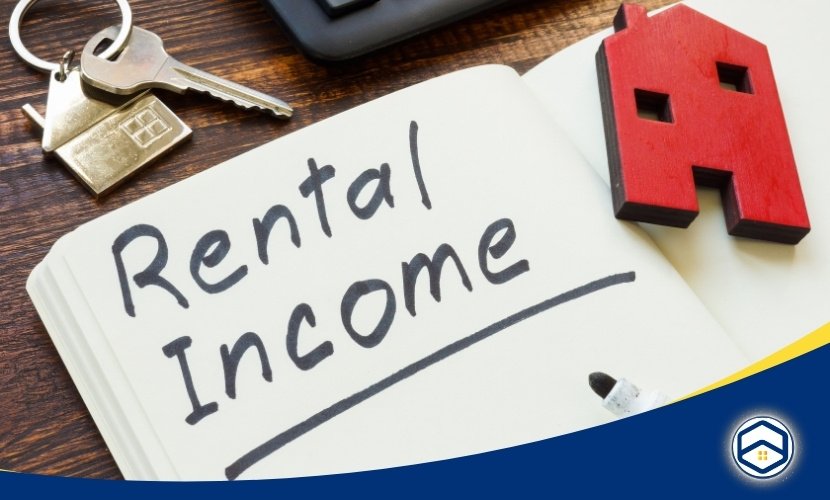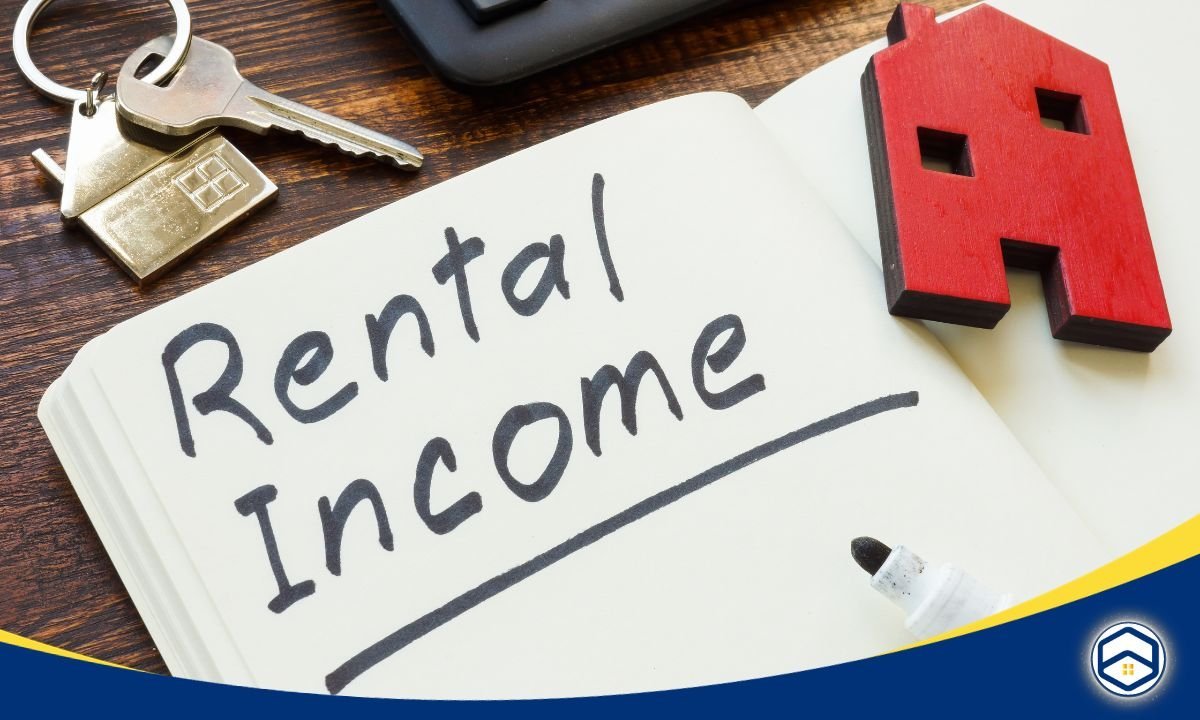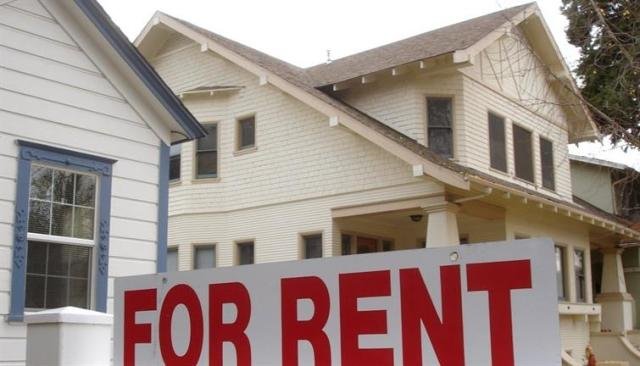What is Rental Income? A Guide to Earning from Property Investments
What is rental income? Rental income is the money you earn from renting out real estate, such as residential or commercial properties. This income stream, often seen as a gateway to wealth building, has become increasingly popular as a way for property owners to generate passive income, diversify their portfolios, and establish financial independence. Let’s explore with Hexa what rental income is, how it works, and the strategies to maximize earnings from rental properties.

Understanding Rental Income
Definition
At its core, rental income is the money received from tenants who occupy your property in exchange for periodic payments. It can be earned from a variety of property types, including residential spaces like single-family homes and apartments, commercial properties, or even vacation rentals.
Types of Rental Income
It can vary depending on the property type, rental agreements, and duration of tenancy. Common types of include:
- Long-term residential rentals: Income from tenants who rent a residential property, such as a house or apartment, for a set period (usually 6-12 months).
- Commercial rentals: Income derived from leasing out commercial spaces, such as office buildings, warehouses, or retail stores.
- Vacation rentals: Short-term rental income earned from properties leased for vacations, typically for days or weeks at a time.
Importance of Rental Income in Wealth-Building
Rental income plays a key role in wealth building, especially because of its potential to create passive income and increase over time due to market appreciation and inflation. Many investors choose rental properties for long-term wealth accumulation and as a hedge against economic downturns.

How Rental Income Works
It starts with owning property that can be leased to tenants. Property owners enter into lease agreements that outline rental terms, payment schedules, and tenant obligations. Rental income is paid by tenants, typically monthly, and serves as the primary revenue stream for property owners.
Key Factors
Several factors impact the rental income you can generate, including:
- Location: Prime locations attract higher rents.
- Market demand: High demand in a low-supply area can raise rental prices.
- Property condition and amenities: Properties in good condition with modern amenities generally attract more tenants and higher rents.
How Rental Agreements Impact
A rental agreement is essential to formalize the rental relationship. The terms, including rent amount, due dates, and renewal clauses, directly affect how rental income is received and maintained. Lease agreements protect the rights of both landlords and tenants, helping to ensure a stable income stream.

Types of Rental Properties for Income
Residential Rental Properties
Residential properties, such as single-family homes, duplexes, and apartments, are common sources of rental income. These properties are typically rented out to individuals or families for long-term use, often for a year or more.
Commercial Rental Properties
Commercial properties generate income from businesses leasing office space, retail stores, or industrial properties. Commercial leases tend to be longer than residential leases, providing a steady, reliable income stream for landlords.
Vacation Rentals
Vacation rentals are short-term rental properties leased to vacationers, often through platforms like Airbnb or VRBO. These rentals typically command higher rents than long-term rentals but can be more susceptible to seasonal fluctuations.
Calculating Rental Income
Gross vs. Net
Gross rental income refers to the total rental payments received before expenses. Net rental income, on the other hand, is the amount remaining after deducting operating costs, taxes, and any property management fees.
Common Expenses
- Maintenance and repairs
- Property management fees
- Insurance and property taxes
- Mortgage interest
Depreciation
Depreciation is an accounting method that allows property owners to reduce their taxable rental income by accounting for the gradual deterioration of the property over time. This tax benefit can substantially impact net rental income, reducing tax liabilities.
Rental Income and Taxes
Rental income must be reported to the IRS, and it is typically taxed as ordinary income. However, various deductions, such as mortgage interest and property management costs, can help reduce the taxable portion.
Tax Deductions on Rental Income
Several deductions can help property owners reduce their tax liability on rental income, including:
- Property tax and mortgage interest
- Depreciation and repairs
- Advertising and property management fees
Understanding Taxable vs. Non-Taxable Rental Income
Some forms of rental income, such as security deposits returned to tenants, may be non-taxable. Additionally, certain tax credits and incentives can offset taxable income, allowing property owners to keep more of their rental earnings.
Maximizing Rental Income
Renovation and Upgrades to Increase Income
Upgrading properties with modern amenities, efficient appliances, or enhanced security features can increase rental demand, enabling property owners to command higher rents.
Market Trends Potential
Being aware of local and national rental market trends is critical to adjusting rent prices. In high-demand areas, for instance, property owners may find opportunities to raise rents or invest in additional properties.
Setting the Right Rental Price
Setting an optimal rental price involves balancing tenant affordability and market competitiveness. Researching comparable rents in the area and analyzing property costs are key steps in pricing rentals effectively.
Pros and Cons
Advantages
Rental income offers several benefits:
- Steady income stream: Monthly rental payments provide a consistent revenue source.
- Potential for appreciation: Property values and rental rates tend to increase over time.
- Tax advantages: Depreciation and other deductions can reduce taxable income.
Challenges and Risks
However, rental income also comes with challenges:
- Tenant turnover and vacancies can disrupt income streams.
- Property maintenance and repairs add costs and management needs.
- Market fluctuations can impact property values and rental demand.
Frequently Asked Questions
1.How often should you increase rent?
- Regular rent increases may be necessary to keep up with market conditions. Typically, rents are reviewed annually.
2. Is rental income a reliable retirement plan?
- Rental income can be a reliable retirement strategy when properties are fully paid off and demand is consistent.
3. What to do when tenants default on rent payments?
- If a tenant defaults, landlords can consider payment plans or legal measures based on lease terms.
Conclusion
Rental income can be an excellent strategy for those seeking a reliable source of revenue, tax benefits, and a means to grow wealth. With informed management, strategic upgrades, and tax planning, the income can becomes a valuable component of a diversified investment portfolio. Whether you’re a beginner in property investing or an experienced landlord, understanding the income of rentals helps maximize returns and reduce potential pitfalls.










